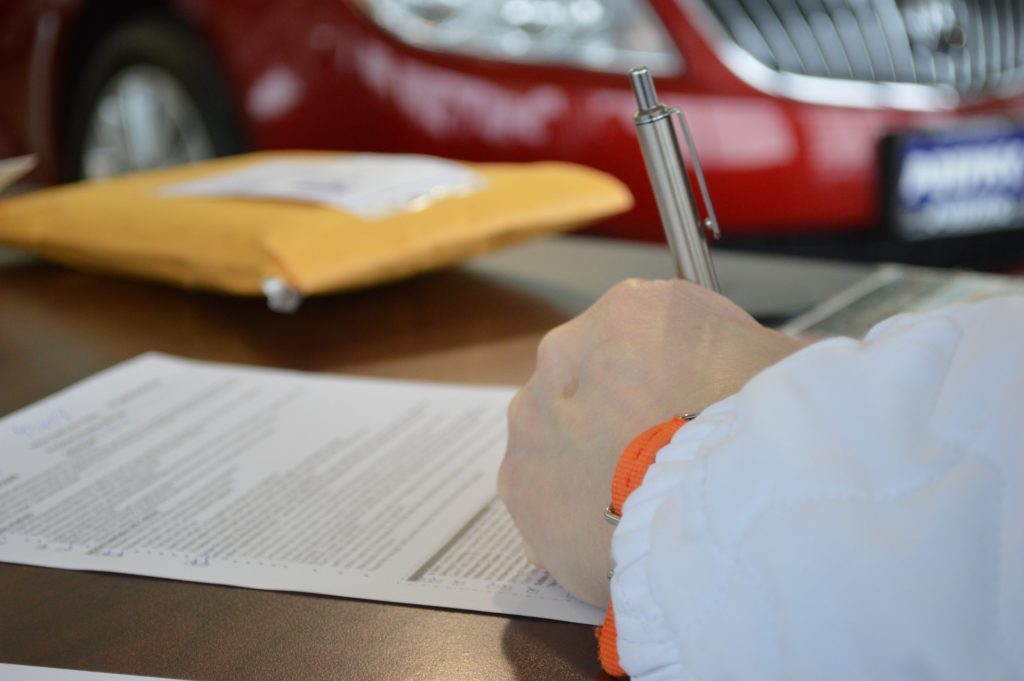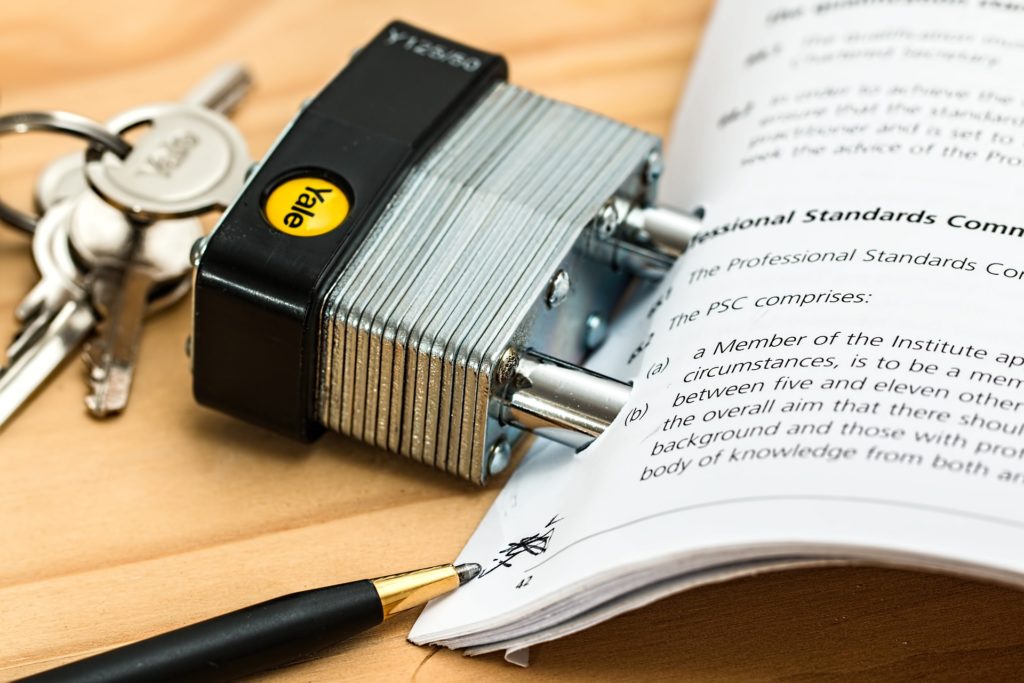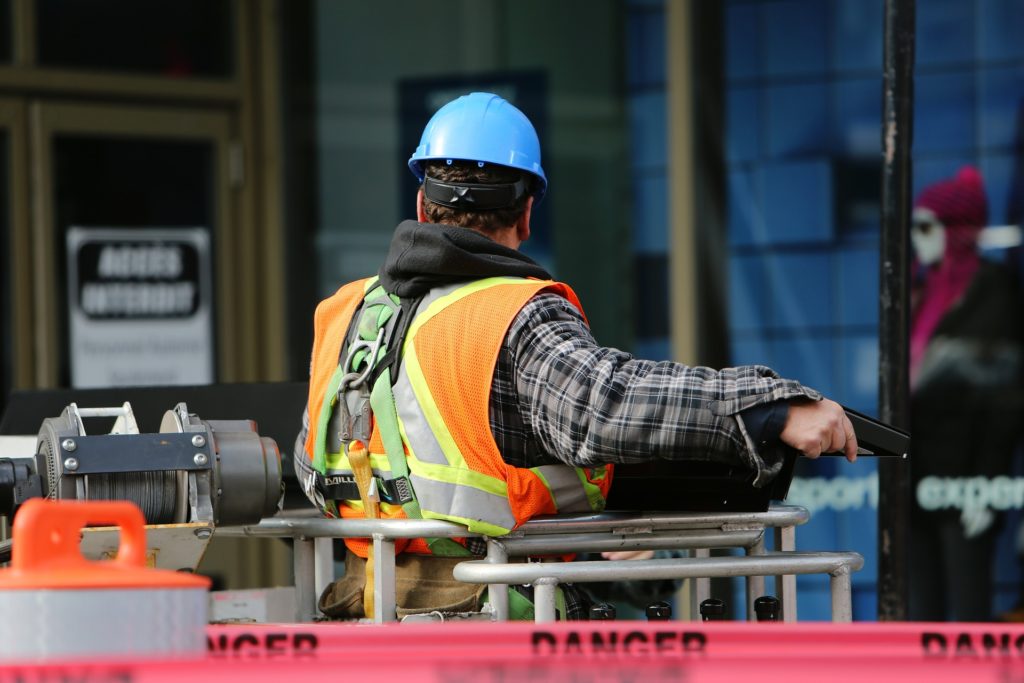Bonds to Indemnify Against Liens

This process relieves the property and the property owner of the lien claim while the dispute is litigated. Let’s talk about bonds to indemnify against liens.

This process relieves the property and the property owner of the lien claim while the dispute is litigated. Let’s talk about bonds to indemnify against liens.

Property owners typically require the general contractor of large private projects to obtain a performance and payment bond from a surety. This blog covers the difference between payment bonds and performance bonds, and when they are required.

Before a claimant can assert a claim or action on the bond, it must perfect its bond claim.

Understanding how the bonding process works can help subcontractors win profitable bids and secure their right to payment.

In this article, we delve into how daily reports are used and how you could be in breach of contract.

In this blog, we’ll examine three common questions related to construction change orders. Our most important advice when it comes to change orders: document everything and be detailed about it!

Construction projects rarely go according to plan; there are so many unpredictable factors that it’s impossible to create the perfect plan. There may be times when the owner wants to modify the project. This could change the scope of your work, the amount owed for the project, or the time needed to complete the project. This is where the change order comes into play. Let’s take a look at the basics of change orders in construction, and the common pitfalls contractors face.

You need to be aware if an indemnification clause exists in your contract. If it does, be mindful that workers’ compensation may not be the end of your liability for the incident or injury that occurred.

In our previous blogs, we have talked about how your responsibility and liability concerning an accident or injury can be based on the terms and clauses in your subcontract or prime contract. But, it’s important to note that your contract isn’t the only thing you need to be aware of. Sometimes your responsibilities or potential liability is governed by laws outside of your contract. In this blog, we’ll discuss safety statutes outside your contract that you need to be aware of.

It is vital to your business to build worker safety into your contracts as well as your business’s best practices. Even if you believe your trade does not have any hazardous aspects, someone operating around you may have specific hazards you need to be aware of.